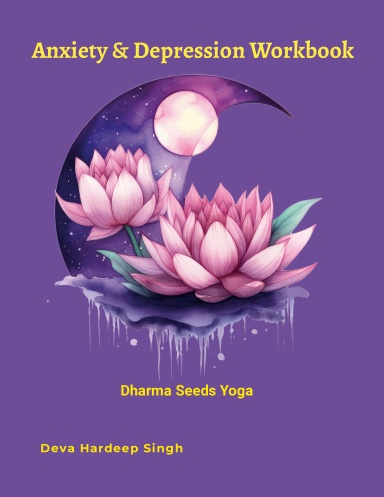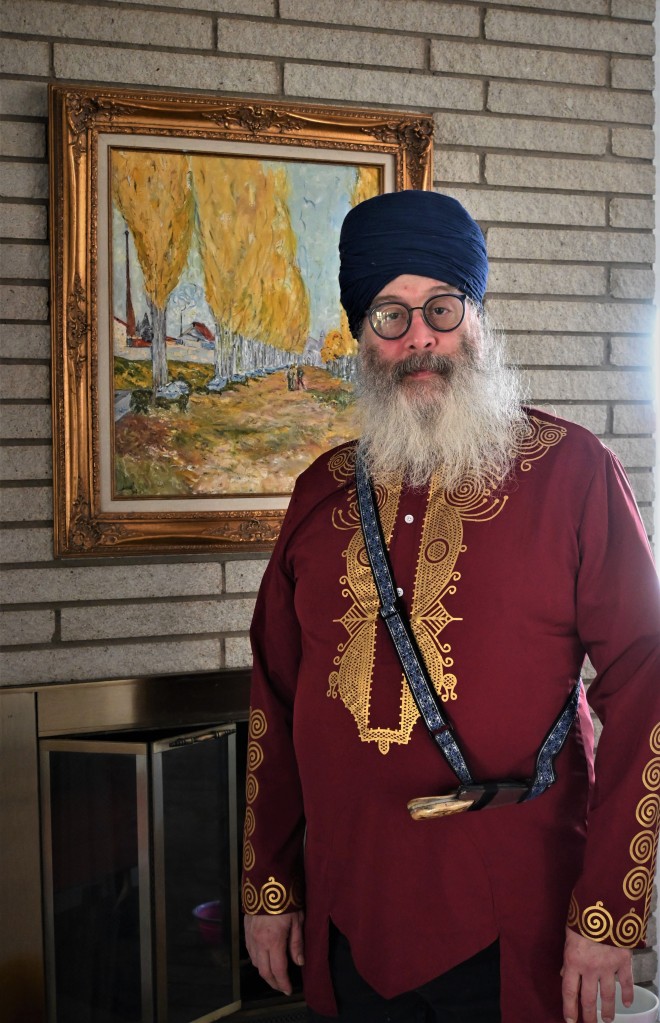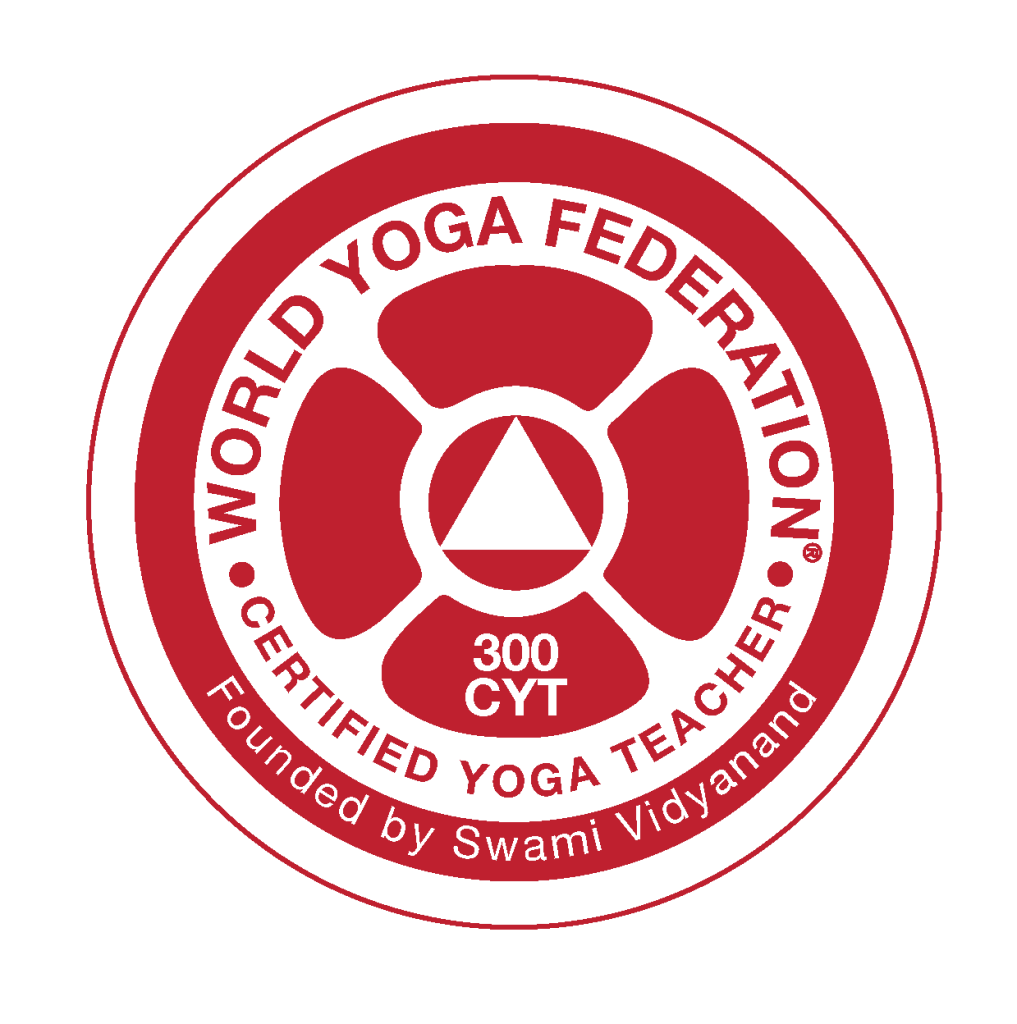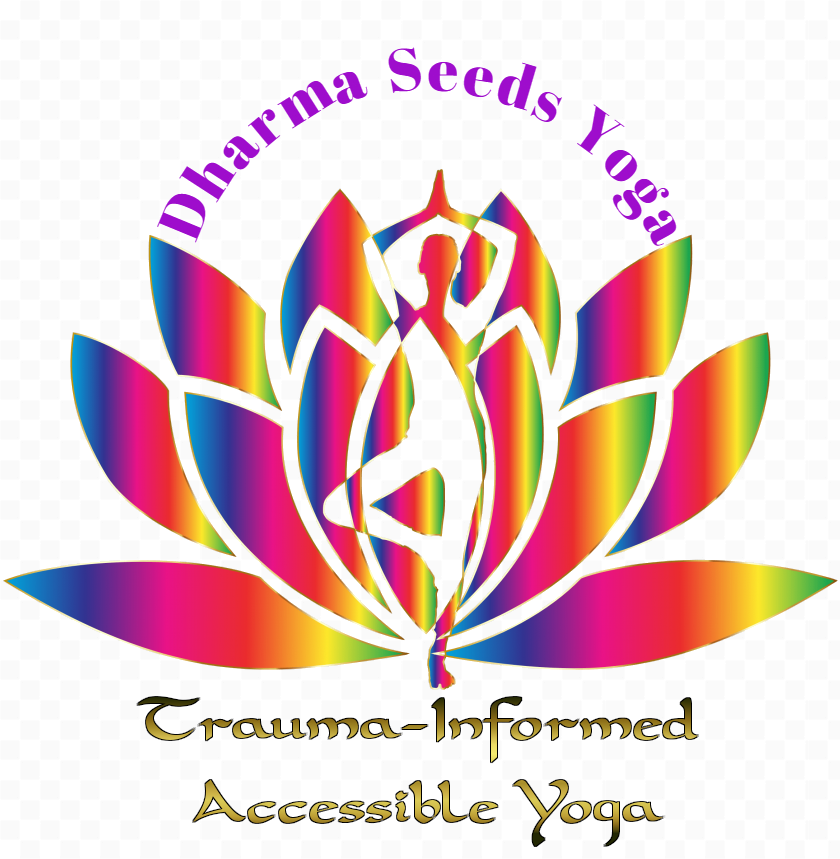by Deva Hardeep Singh | Dharma Seeds Yoga Press | 28 May 2023
Mindful yoga: present-moment awareness through movement
Mindfulness is a key component of yoga. It is the practice of paying attention to the present moment, without judgment. In yoga, mindfulness is cultivated through the practice of asana (physical postures), pranayama (breathing exercises), and meditation.
When you practice yoga mindfully, you bring your awareness to your body and your breath. You notice how your body feels in each pose, and you pay attention to the sensations of your breath. You don’t judge your thoughts or feelings but simply observe them without attachment.
Mindfulness can help you to:
- Reduce stress and anxiety
- Improve your focus and concentration
- Increase your self-awareness
- Improve your relationships
- Enhance your overall well-being
If you are new to yoga, starting with a beginner’s class can be helpful. In a beginner’s class, the instructor will guide you through the poses and help you to focus on your breath. As you become more experienced, you can try more advanced classes or practice yoga at home.
Here are some tips for practicing yoga mindfully:
- Find a quiet place where you will not be disturbed.
- Start by sitting in a comfortable position.
- Close your eyes and take a few deep breaths.
- Notice the sensations of your breath as it enters and leaves your body.
- Bring your awareness to your body. Notice how your body feels in your seat.
- Scan your body from head to toe, noticing any areas of tension or tightness.
- Gently release any tension you find.
- Continue to breathe deeply and focus on your body.
- When you are ready, open your eyes and return to your day.
Yoga is a great way to cultivate mindfulness. By practicing yoga mindfully, you can learn to pay attention to the present moment and let go of stress and anxiety.

I like to remind those going through our new Anxiety/Depression workbook, or those already in counseling this gentle but important reminder. You are in Control of all things you do. Please click on the word Control for more information.
During the years of 1995-1997 I studied mindfulness under Fr. Thomas Keating and Thich Nhat Hahn. One is more Eastern based in their presentation. The other is more Christian based inn their presentation. These two truly are along with Fr. Thomas Merton are Mindfulness pioneers.
“A new study, published this January of 2023 in the JAMA Psychiatry, shows that meditation works as well as a common pharmaceutical treatment for anxiety,” Rose Kress, Owner/Director of the LifeForce Yoga Healing Institute, states. Another study released their research in March 2012. That study, HOW MIGHT YOGA HELP DEPRESSION AN EUROBIOLOGICAL PERSPECTIVE concluded that “the ability of an individual to respond to the chronic stressors associated with depression and to individual life stressors varies greatly depending upon diverse factors, which include inborn susceptibilities and learned coping strategies. Techniques learned in yoga may help an individual change the perception and appraisal of a stressor, altering his or her affective and physiological reactions to the situation.” (More resources are listed at the end of this article.)
Yoga can help change our own perceptions in a number of ways. Here are a few examples:
- Increased awareness of the body: Yoga can help us become more aware of our bodies and how they feel. This can lead to a greater understanding of our physical limitations and strengths, as well as a more positive body image.
- Improved focus and concentration: Yoga can help us improve our focus and concentration. This is because yoga requires us to focus on our breath and our bodies, which can help us to quiet our minds and focus on the present moment.
- Reduced stress and anxiety: Yoga can help us to reduce stress and anxiety. This is because yoga helps to calm the mind and body, and it can also help us to develop coping mechanisms for dealing with stress.
- Increased self-awareness: Yoga can help us to increase our self-awareness. This is because yoga helps us to become more aware of our thoughts, feelings, and bodily sensations. This can lead to a greater understanding of ourselves and our motivations.
- Improved relationships: Yoga can help us to improve our relationships. This is because yoga can help us to develop compassion and understanding for ourselves and others. It can also help us to improve our communication skills.
Overall, yoga can be a powerful tool for changing our own perceptions. By increasing our awareness of our bodies, minds, and emotions, yoga can help us to see ourselves and the world in a new light.

In addition to the above, yoga can also help to change our perceptions by:
- Teaching us to accept ourselves as we are: Yoga teaches us to accept our bodies, our minds, and our emotions, exactly as they are. This can be a powerful way to change our perceptions of ourselves and to reduce the amount of self-judgment and self-criticism that we engage in.
- Helping us to see the world with a more open mind: Yoga can help us to see the world with a more open mind, by teaching us to be more accepting of different perspectives and experiences. This can lead to a more positive and compassionate view of the world.
- Helping us to live in the present moment: Yoga can help us to live in the present moment, by teaching us to focus on our breath and our bodies. This can help us to reduce our anxiety and stress, and to enjoy life more fully.
If you are interested in learning more about how yoga can help you change your own perceptions, I encourage you to find a yoga class that is right for you and to start practicing regularly.
Meditation or Mindfulness?
Meditation is the physical/practical application/training that leads to Mindfulness. Mindfulness is the application of what you learned through meditation to your life, community, essence, being.
Thomas Merton was a Trappist monk, writer, and social activist who wrote extensively on the topic of meditation. He believed that meditation was a vital practice for anyone who wanted to live a more authentic and meaningful life.
In his book, New Seeds of Contemplation, Merton defines meditation as “the art of interior recollection.” He writes that meditation is “the process of turning our attention away from the external world and toward the inner world of our own thoughts, feelings, and experiences.”
Merton believed that meditation was essential for spiritual growth. He wrote that meditation “helps us to become more aware of ourselves and of our relationship to God.” He also believed that meditation could help us to develop greater compassion and understanding for others.

Merton offered several different techniques for meditation. One of his favorite techniques was to focus on the breath. He would sit in a comfortable position and simply pay attention to the rise and fall of his breath. He would also sometimes use a mantra, which is a word or phrase that is repeated over and over again.
Merton stressed the importance of being patient and gentle with oneself when meditating. He wrote that “meditation is not something that we do perfectly. It is something that we learn to do over time.” He also encouraged people to experiment with different techniques and find what works best for them.
Merton’s writings on meditation have been influential for many people, both inside and outside of the Christian tradition. His insights on the importance of meditation for spiritual growth continue to be relevant today.
In addition to his writings on meditation, Merton also lived a life of meditation. He spent most of his adult life as a Trappist monk, living in a monastery where he devoted himself to prayer, study, and manual labor. Merton’s own experience of meditation gave him a deep understanding of its power and potential.
Merton’s thoughts on meditation are still relevant today. In a world that is increasingly noisy and chaotic, meditation can offer a much-needed opportunity for peace and quiet. It can also help us to connect with our inner selves and with the divine. If you are interested in learning more about meditation, I encourage you to read the works of Thomas Merton. He was a wise and compassionate teacher who had a deep understanding of the power of meditation.
Here are some additional thoughts from Merton on meditation:
- Meditation is not about trying to empty your mind. It is about learning to focus your attention on the present moment.
- Meditation is not about trying to control your thoughts. It is about learning to let go of your attachment to your thoughts.
- Meditation is not about trying to achieve anything. It is about simply being present with yourself and with the world around you.
If you are new to meditation, I recommend starting with a simple practice. You can sit in a comfortable position, close your eyes, and focus on your breath. As you breathe in, say to yourself, “I am breathing in.” As you breathe out, say to yourself, “I am breathing out.” Continue this practice for 5-10 minutes.
As you become more comfortable with meditation, you can experiment with different techniques. You can try using a mantra, or you can focus on a particular image or thought. There is no right or wrong way to meditate. The most important thing is to find a practice that works for you and to be patient with yourself.
Meditation is a journey, not a destination. It is a process of learning to live more fully in the present moment. With regular practice, you will begin to experience the many benefits of meditation, including:
- Increased peace of mind
- Reduced stress levels
- Improved focus and concentration
- Enhanced creativity
- Deeper connection with yourself and with others
If you are interested in learning more about meditation, there are many resources available. You can find books, articles, and websites that offer information on different meditation techniques. You can also find meditation classes and workshops in your community.
The most important thing is to find a way to start meditating. Even a few minutes of meditation each day can make a big difference in your life. So what are you waiting for? Start meditating today!
Thich Nhat Hahn and Yoga
Thich Nhat Hahn was a Vietnamese Buddhist monk, peace activist, and author. He is known for his teachings on mindfulness and compassion. In his book, Peace Is Every Step, he writes, “Yoga is a practice that helps us to become more aware of our bodies and our minds. It helps us to relax and to let go of tension. It also helps us to focus our attention and to develop concentration.”
Hahn believes that yoga can lead to mindfulness. Mindfulness is the practice of paying attention to the present moment without judgment. It is a way of being aware of our thoughts, feelings, and sensations without getting caught up in them. Hahn believes that mindfulness can help us to live more peaceful and fulfilling lives.

How Yoga Leads to Mindfulness
There are many ways in which yoga can lead to mindfulness. One way is through the practice of asanas, or yoga postures. Asanas help us to become more aware of our bodies and our breath. They also help us to develop concentration and focus.
Another way in which yoga can lead to mindfulness is through the practice of pranayama, or breath control. Pranayama helps us to calm the mind and to focus our attention. It also helps us to develop an awareness of our breath, which is a key to mindfulness.
Yoga can also lead to mindfulness through the practice of meditation. Meditation is a formal practice of sitting quietly and focusing the mind. It can help us to develop concentration, focus, and awareness.
The Benefits of Mindfulness
There are many benefits to mindfulness. Mindfulness can help us to:
- Reduce stress and anxiety
- Improve focus and concentration
- Increase self-awareness
- Develop compassion for ourselves and others
- Live more in the present moment
Conclusion
Thich Nhat Hahn believed that yoga can lead to mindfulness. Mindfulness is a practice that can help us to live more peaceful and fulfilling lives. There are many ways in which yoga can lead to mindfulness, including through the practice of asanas, pranayama, and meditation. If you are interested in learning more about mindfulness, I encourage you to explore yoga.
Additional Thoughts from Thich Nhat Hahn on Yoga
- Yoga is not about competition. It is about cooperation with ourselves and with the universe.
- Yoga is not about achieving perfection. It is about accepting ourselves as we are.
- Yoga is not about changing ourselves. It is about transforming ourselves.
- Yoga is not about becoming something else. It is about becoming who we already are.
If you are new to yoga, I recommend starting with a beginner’s class. There are many different types of yoga, so you can find one that is right for you. You can also find yoga videos and books online.
The most important thing is to find a way to start practicing yoga. Even a few minutes of yoga each day can make a big difference in your life. So what are you waiting for? Start practicing yoga today!
Resources
Buy Dharma Seeds Yoga Press new book

Anxiety & Depression Workbook ~ Dharma Seeds YogaThe Anxiety and Depression Workbook is a self-help book that provides readers with tools and techniques to help them manage their anxiety and depression. The book is based on trauma informed yoga, a type of therapy that focuses on changing the way people think and use yoga for healing. The book focuses and provides readers with exercises and worksheets to help them identify and challenge their negative thoughts and beliefs. The book provides readers with additional resources and information on how to get help for anxiety and depression. The Anxiety and Depression Workbook has been praised by mental health professionals for its clear and concise explanations, and for its practical exercises and worksheets. The book has also been well-received by readers, who have found it helpful in managing their anxiety and depression. If you are struggling with anxiety or depression, the Anxiety and Depression Workbook may be a helpful resource for you. The book can help you learn more about your condition, and provide you with tools and techniques to help you manage your symptoms.

Deva Hardeep Singh (he/him; neurodivergent, gay, ability injured, post-traumatic stress injury, borderline personality injury) is an Oklahoman, a Yuchi Indian, enrolled in the Muscogee Nation, and studied radio/TV/film in college. He’s worked as an on-air personality, author, poet, artist, administrative assistant, petroleum landman, barista, staff writer, paralegal, concert promoter, music artist manager, content producer, and graphic designer. He spent 6 months as a National Data Team volunteer for the Bernie Sanders for President campaign. He is a freelance journalist with International papers and magazines with a social justice focus. Recently was able to join the Hulu/FX Series Reservation Dogs, as an extra (Seasons 2 & 3) He’s been a meditator for over 30 years (Buddhist, Chan, Zen), teaches meditation, and provides yoga instruction, and a Reiki III Master.



Leave a comment